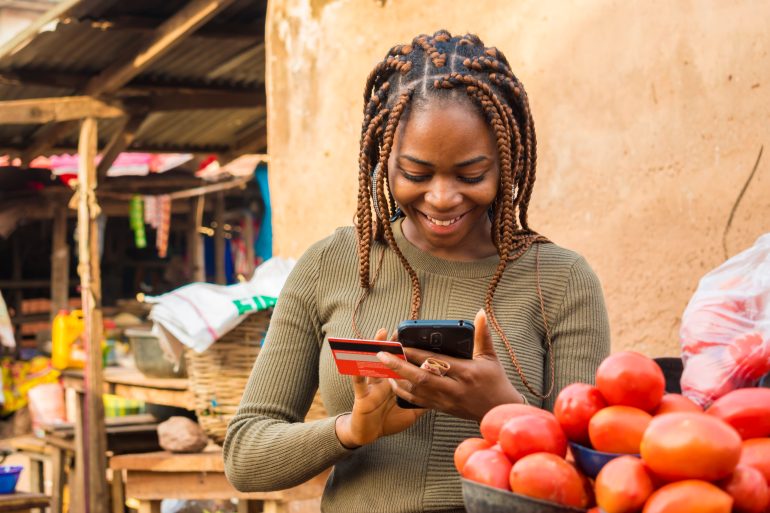Africa’s digital payments economy is projected to reach $1.5 trillion by 2030, according to a new report commissioned by Mastercard and conducted by Genesis Analytics. The findings point to a continent in the midst of a financial transformation, driven by rapid advances in internet penetration and financial inclusion.
Mastercard, a longstanding technology partner in Africa, has reaffirmed its commitment to the region’s digital expansion through targeted investments, strategic public-private partnerships, and innovation initiatives. The company’s efforts are focused on scaling micro, small, and medium-sized enterprises (MSMEs), empowering fintech startups, and enhancing cross-border payment capabilities.
The Mastercard-backed report highlights the pace of digital adoption in Africa, with internet penetration expected to grow at a compound annual rate of 20% and financial inclusion expanding at 6% annually. These figures indicate a decisive shift towards digital payments, as businesses and consumers increasingly turn to mobile wallets and contactless transactions.

“Africa is filled with immense possibilities, and its people have the potential to shape the global economy in the decades ahead,” said Dimitrios Dosis, president of Eastern Europe, Middle East, and Africa at Mastercard. “By increasing our investments, expanding innovation, and fostering inclusion, we are helping build a more connected and accessible digital future.”
The continent is home to some of the world’s fastest-growing economies, many of which are skipping traditional banking infrastructure in favour of digital-first financial solutions. But while digital transactions are on the rise, challenges remain, including regulatory fragmentation and infrastructure gaps that hinder seamless adoption.
With MSMEs contributing over 50% of Africa’s GDP, Mastercard has placed particular emphasis on equipping small businesses with digital tools. One such initiative is the Mobilizing Access to the Digital Economy (MADE) Alliance: Africa, launched in partnership with the African Development Bank Group. The programme aims to provide 100 million individuals and businesses with digital access over the next decade.
Mastercard is also expanding its Community Pass platform, which connects rural communities with financial services. The company has set a goal of registering 15 million users across Africa within five years. Additionally, solutions like Tap on Phone and SME-in-a-Box are being scaled to help small businesses accept digital payments with minimal friction.
Africa’s fintech sector has been a key driver of economic inclusion, with nearly half of all fintech firms on the continent founded in the last six years. Collectively, these companies have raised over $6 billion in equity financing since 2000, according to industry data.
Mastercard’s partnerships with banks and telcos — including M-Pesa in Kenya and MTN Group Fintech — have expanded financial access for millions. The company’s Fintech Express programme provides startups with a streamlined pathway to issuing digital payment solutions, integrating capabilities such as AI-driven fraud prevention and biometric authentication.
Despite its rapid expansion, the fintech sector faces significant headwinds. The volatility of venture capital funding, shifting regulatory landscapes, and cybersecurity risks all pose challenges to long-term sustainability. Yet, Mastercard sees fintech as central to Africa’s financial future and is deepening its collaborations across the industry.
Remittances play a crucial role in African economies, with the World Bank estimating that the continent received approximately $100 billion in remittances in 2023 — equivalent to around 6% of its GDP. Yet, sending money across borders remains costly and complex.
Mastercard’s Cross-Border Services initiative is attempting to streamline international transactions by providing a secure, centralised platform for remittances. Partnerships with institutions such as Access Bank and Equity Bank are aimed at reducing friction in cross-border payments, making it easier for businesses and individuals to move money across the continent and beyond.
As digital payments gain traction across Africa, Mastercard and other industry players face a dual challenge: expanding financial inclusion while ensuring that digital infrastructure keeps pace with demand. With billions of dollars in projected transaction volumes at stake, the coming years will test how effectively the continent’s financial ecosystem can evolve to support its burgeoning digital economy.


